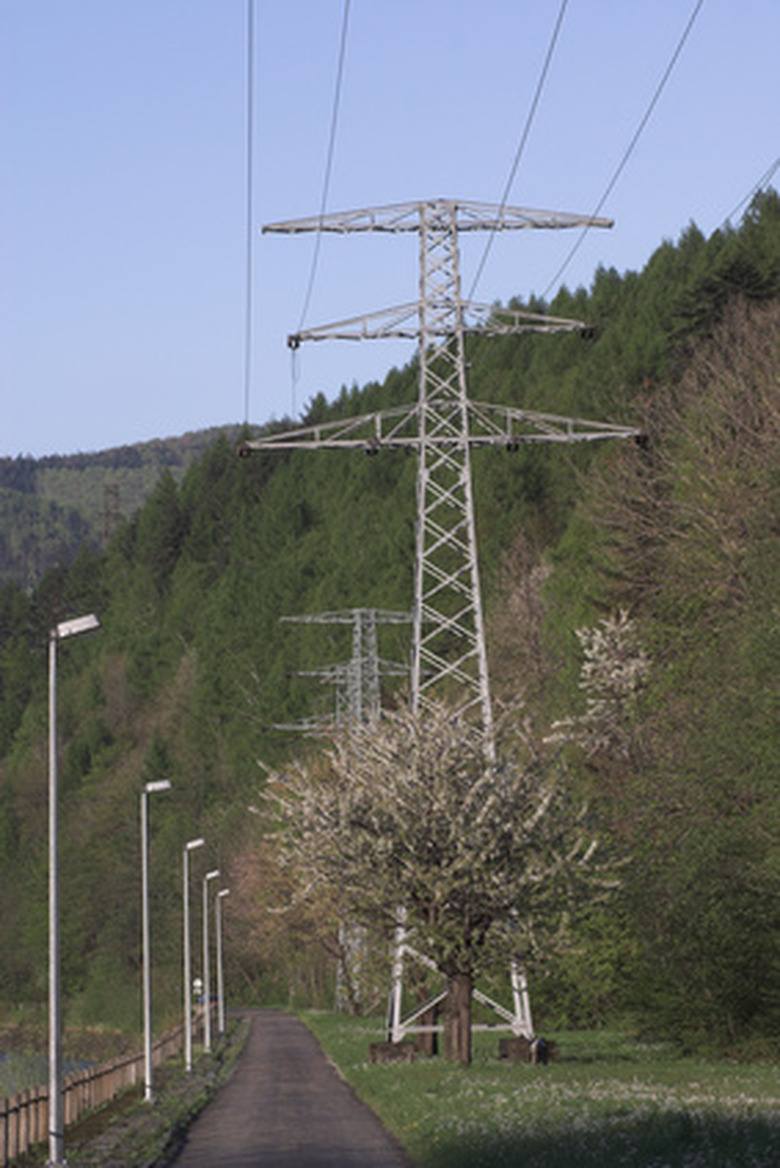Types Of Wattmeters
A wattmeter is used to measure the voltage in an electronic circuit. Originally only a tool of professionals there are now many different types of the device available that are both cheap and easy to use and available for home use. A wattmeter is generally used for checking on the power supply of a given power-outlet in a house and for estimating the electricity costs of different appliances. Like many technologies the device has gone digital.
Ammeter
Ammeter
The technique used by an ammeter underlies most wattmeters. Based on the fact that a compass needle will stop pointing north when a current is fed through it, the device was first used in the laboratory by early electrical pioneers. Though a very old technology most devices today still use this basic method to detect current. A magnetized cable or rod is fed a current which drags it away from magnetic north to different degrees.
Digital Wattmeters
Digital Wattmeters
Digital wattmeters have become available for home use and are capable of providing users with information that is far superior to that which was provided by the wattmeters of professionals only twenty years ago. Instead of a very imprecise needle display, a digital wattmeter measures the current which is passing through its cables at a thousand times a second, measuring every small change, and providing an average which is the true power supply.
Professional Wattmeters
Professional Wattmeters
The power company still uses a basic wattmeter to measure the amount of power that your house or apartment is consuming from the general power supply. The wattmeter measures both the amount of energy consumed and records the time when it was consumed. Generally these electric meters will be located somewhere outside a building so that a representative of the power company can come by in person to see the readings of the device.
Cite This Article
MLA
Reader, Casey. "Types Of Wattmeters" sciencing.com, https://www.sciencing.com/list-6904351-types-wattmeters/. 7 August 2017.
APA
Reader, Casey. (2017, August 7). Types Of Wattmeters. sciencing.com. Retrieved from https://www.sciencing.com/list-6904351-types-wattmeters/
Chicago
Reader, Casey. Types Of Wattmeters last modified March 24, 2022. https://www.sciencing.com/list-6904351-types-wattmeters/
